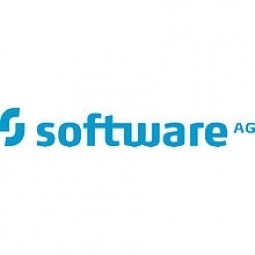Software AG
Case Studies
Digital Transformation of Microfinance: A Case Study of Bank Rakyat Indonesia
Overview
 |
Digital Transformation of Microfinance: A Case Study of Bank Rakyat IndonesiaSoftware AG |
Application Infrastructure & Middleware - Middleware, SDKs & Libraries Platform as a Service (PaaS) - Application Development Platforms | |
Buildings Finance & Insurance | |
Building Automation & Control Machine to Machine Payments | |
System Integration | |
Operational Impact
| The implementation of webMethods has simplified BRI's IT architecture, resulting in highly resilient applications with minimal downtime and robust transaction orchestration integrating multiple back-end systems. This has enabled faster time-to-market for new services and APIs. BRI can now provide omni-channel capabilities and rich features for its mobile banking customers and its remote hyperlocal agent network, offering faster services and better coverage throughout Indonesia. The bank's customer base and transaction volume are growing, putting it on track to achieve its ambitious growth goals. | |
Quantitative Benefit
| Reduced loan processing time from two weeks to two days, with a prototype to reduce that to five minutes. | |
| Handled a much higher transaction volume than BRI’s expectations – and double that of competitors (1.500 transactions per second versus less than 750). | |
| Projected annual transaction growth from 45 million in 2020 to 3 billion in 2021, an increase of 66 times. | |


